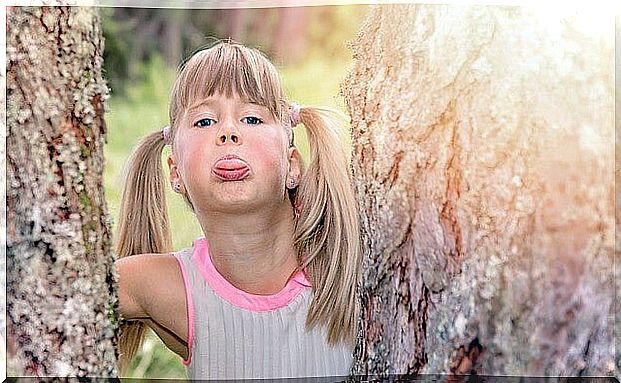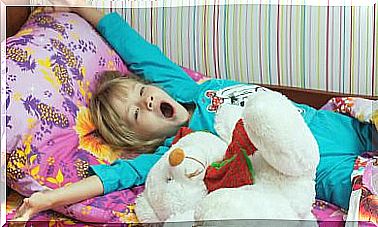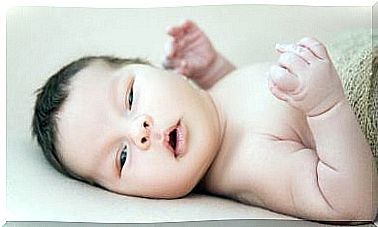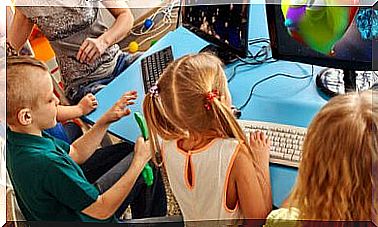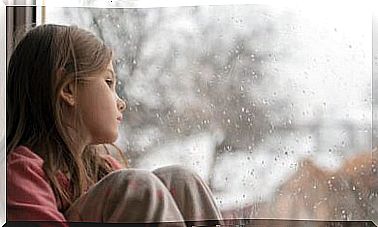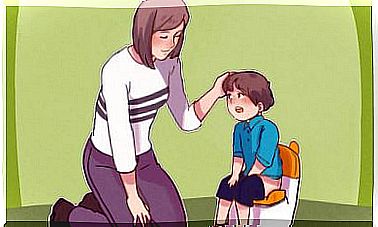Personality Development In Children

Personality is a psychological construct that refers to a set of emotional, cognitive and behavioral traits, more or less stable and lasting, that characterize a person and differentiate them from others. But you should know that you are not born with a clearly marked character, but that the development of the personality occurs progressively and over time.
The experiences and affective relationships that are established during the first years of life are key to the development of the personality. Do you want to know how it evolves during early childhood? Discover all the stages that the little ones go through!
Personality development in children
According to the French psychologist Henri Wallon, several stages can be differentiated in the development of the personality in early childhood. We describe what they are below.
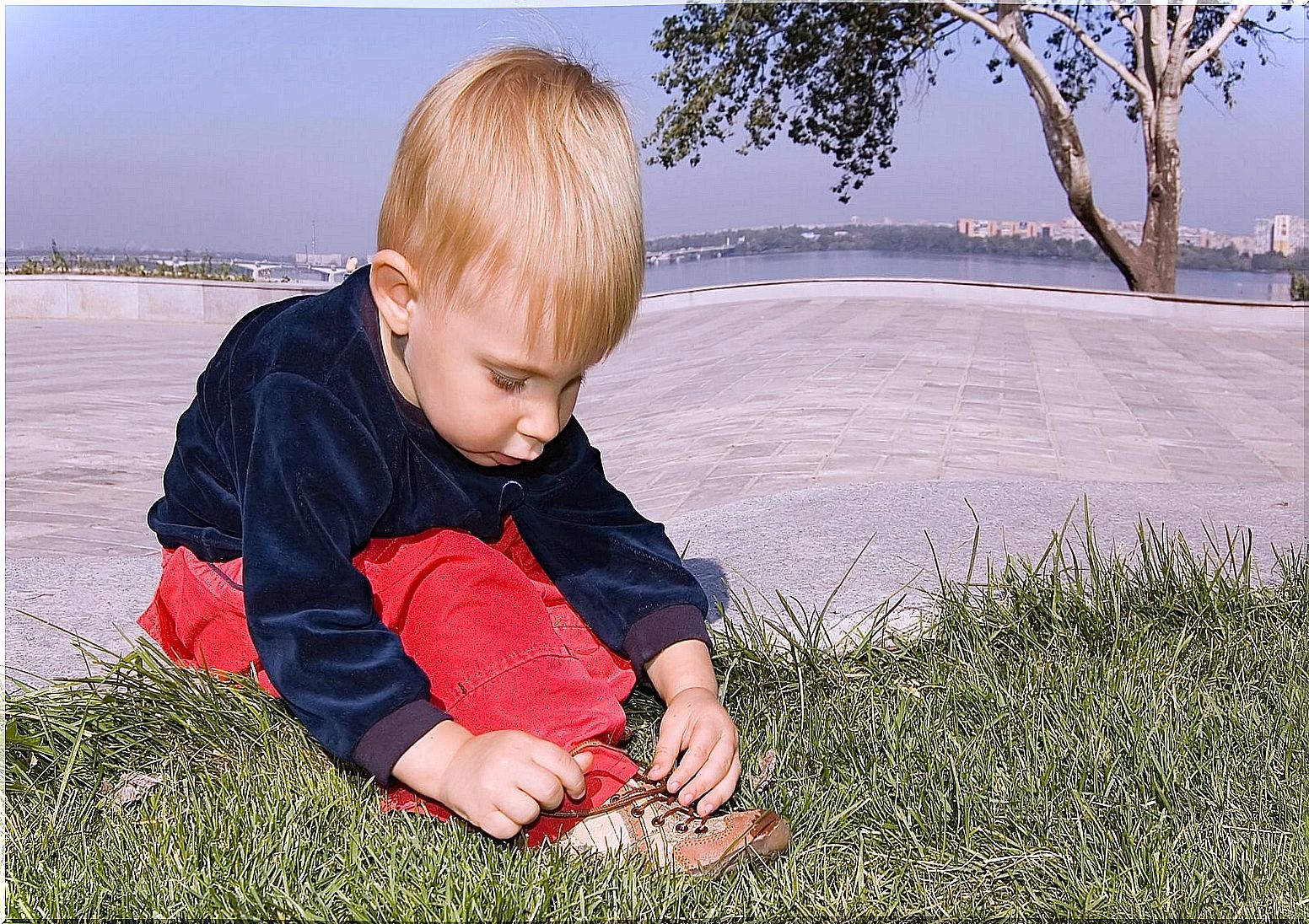
Personality development from birth to 3 years
From the moment babies are born, they begin to develop their personality. Thus, little by little, and until they are 3 years old, the little ones acquire the following skills related to the construction of their own identity:
- They differentiate between the self and the non-self, that is, between the internal and the external world. In this way, children begin to perceive themselves as individual people and different from others.
- They become aware of their own actions (what they do themselves) and the differences of other people’s actions (what others do).
- They learn to differentiate between what belongs to them and what is owned by others.
From 3 to 6 years
Between the ages of 3 and 6, the stage of personalism takes place , which is divided into three different phases:
- Opposition and inhibition phase : at 3 years old children need to reaffirm their own identity, favoring the development of independence. For this reason, they constantly show an attitude of opposition, rejection and negativism towards others, especially towards reference adults. This phase is also known as the stubborn stage.
- Grace Phase : At 4 years old, children need the continued affection and approval of others. To achieve this, they try to seduce people in their immediate environment through their gestures, words and actions. This is the stage of narcissism.
- Imitation or role-playing phase : between the ages of 5 and 6, children try to assimilate, internalize and copy the characteristics of those people they admire, usually one of their parents, so that they identify with them.
What factors influence children’s personality development?
As we have seen so far, there are different periods that children go through to develop their own personality. In addition, there are several factors that influence and condition this process :
- Hereditary factors : it is the genetic endowment inherited from the parents. It refers to the most stable and unchangeable aspects of the personality that are observed in children from a very young age.
- Environmental factors : the environment in which the little ones grow up plays a very important role in the development of the personality, since, depending on the cultural and social context in which they live and the affective relationships they establish with their environment, they will interpret the world and will respond to it differently. Thus, among the environmental factors are the following:
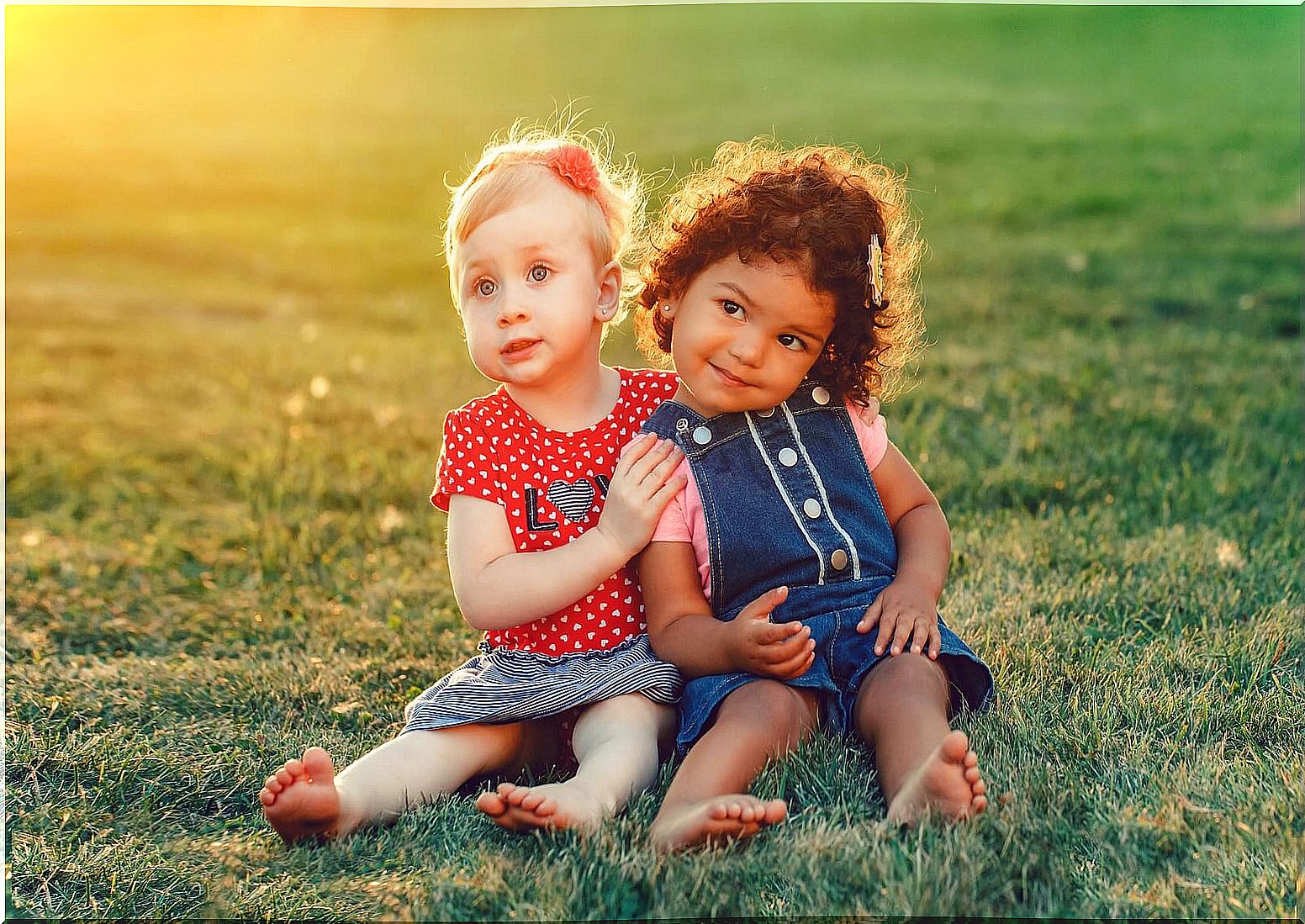
- Affective and social experiences : are all relevant events that take place in the close environment of children. The first experiences are marked by the attachment bonds that are created with the main caregivers. Later, and as the little ones grow up, they must face increasingly complex emotional and social situations. For example: the birth of a brother, the entry into infantile, etc.
- Values and beliefs : children, from a very early age, assimilate and acquire the values and beliefs that their parents transmit to them, so that their behaviors will be determined by a series of social rules and norms.
In short: the first years of children’s lives are crucial for the development of the personality.
